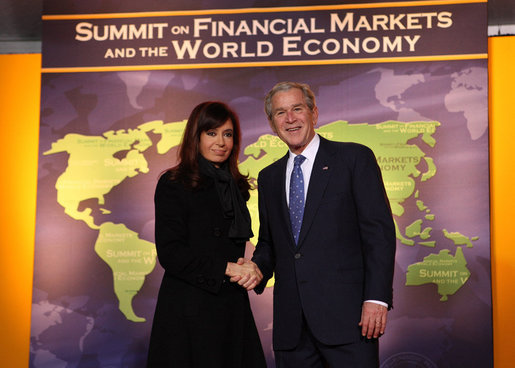Bank of England Faces Challenges with Rising Inflation Projections
Economists predict Bank of England inflation could soar beyond 3% amidst increasing price pressures and energy costs.

Bank of England Faces Challenges with Rising Inflation Projections
The Bank of England (BOE) is facing renewed scrutiny from investors concerning its position on interest rate cuts, with economists now predicting the bank of England inflation could soar beyond 3% by spring.
Recent reports suggest that the consumer price index expectations are likely to stay above the BOE’s target, with a forecasted reading of inflation in December at 2.6%—the highest it has been in nine months.
In November, the BOE expected a peak inflation rate of 2.8% for this year’s third quarter; however, increasing price pressures have necessitated a reassessment of these forecasts.
Energy price inflation is anticipated to significantly impact driving inflation upward in 2025, as previous declines drop out of annual calculations. An increase in household prices, particularly the price cap in April, could exacerbate the situation further.
According to Bloomberg Economics, even if energy costs remain stable, they could inflate headline inflation by an additional 0.5 percentage points this spring. Andrew Goodwin, Chief UK economist at Oxford Economics, indicated, “We already believed inflation would exceed the BOE's forecasts this year, but the recent surge in energy prices suggests it might rise even higher.” Goodwin predicts a peak quarterly inflation rate of 3.3% later this year.
This scenario places BOE Governor Andrew Bailey and his colleagues in a precarious position, as they must balance a potentially brief spike in inflation against a globally unstable economic landscape. The BOE might consider a forward-looking approach, prioritizing long-term growth while ignoring short-term inflationary pressures, or they might adopt a cautious approach to interest rates due to the immediate inflation climate.
In the wake of last week’s market volatility, the British pound value fell below $1.22, marking its lowest level since November 2023. This depreciation raises the risk of further inflationary pressures. Amid a global bond selloff, market forecasts for BOE interest rate cuts have slightly diminished, now anticipating only two quarter-point reductions this year.
“The key question for the BOE is what it prioritizes in the coming year if inflation consistently surpasses its targets while unemployment rises,” stated Dan Hanson, Chief UK economist at Bloomberg Economics. He underscored that recent inflationary trends illustrate the potential for shifting inflation expectations, indicating that the BOE may not stimulate the economy as vigorously as it might have under similar circumstances prior to the pandemic. Consequently, navigating a flexible approach to interest rate cuts may become increasingly challenging.





